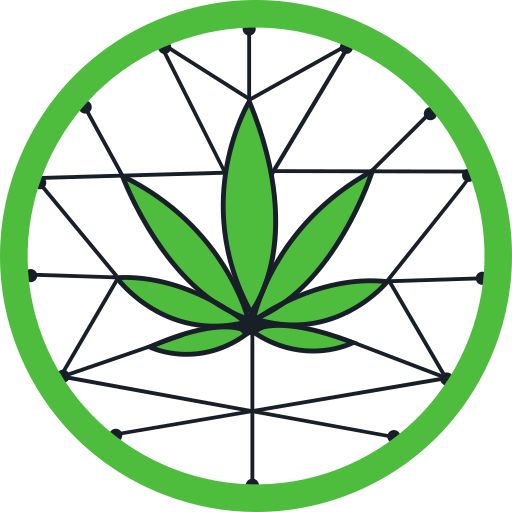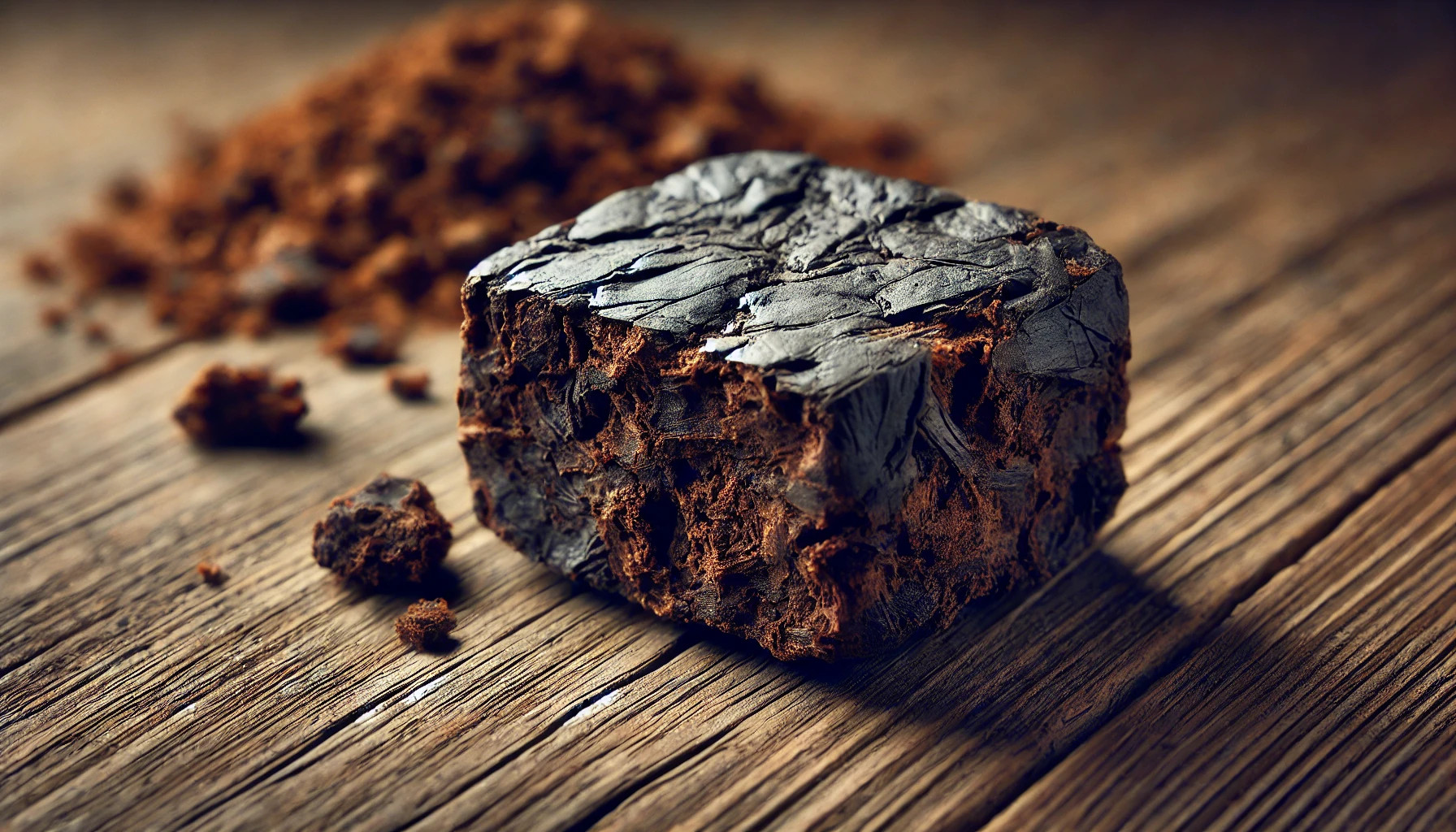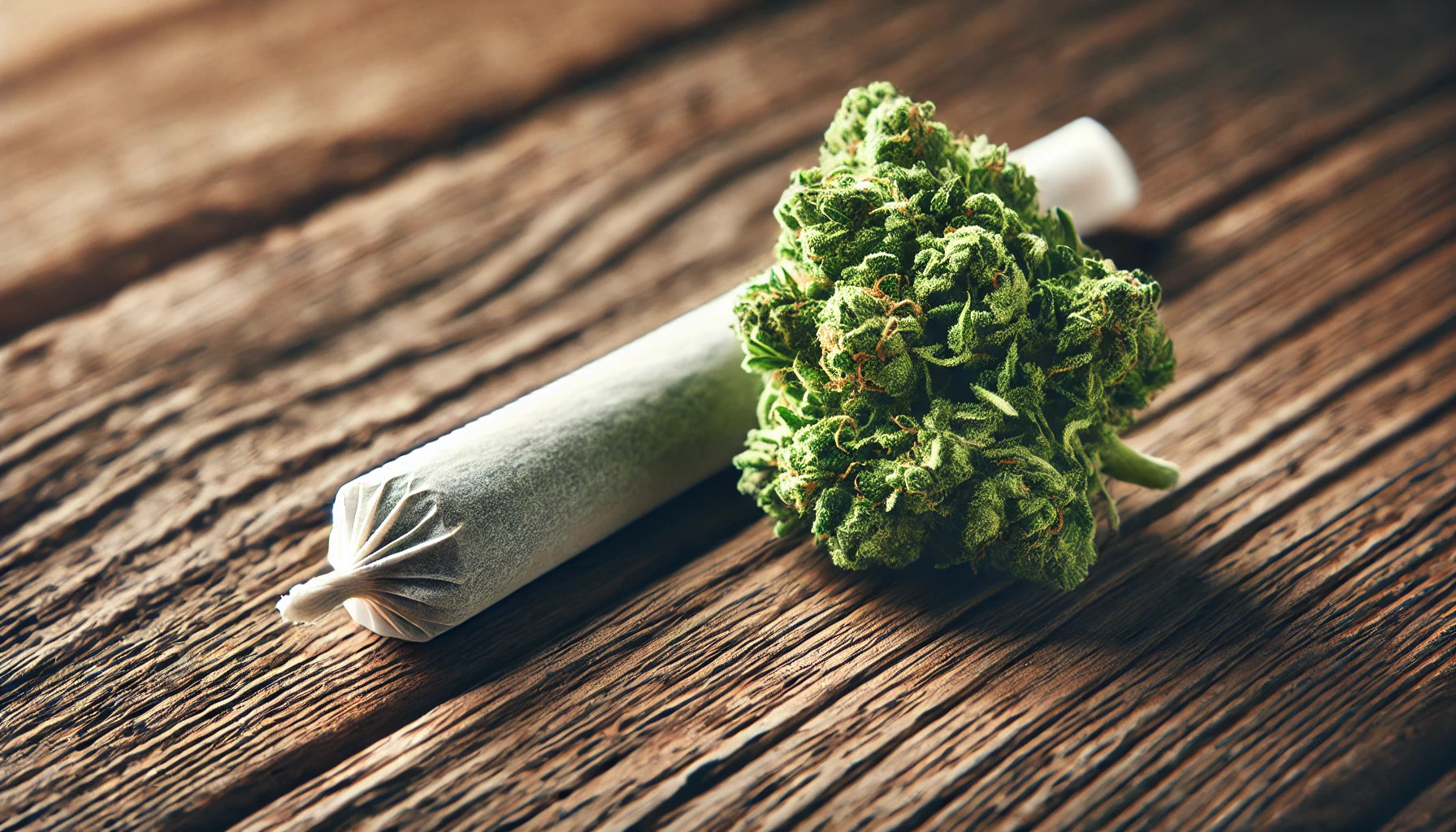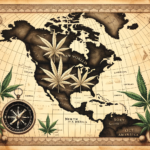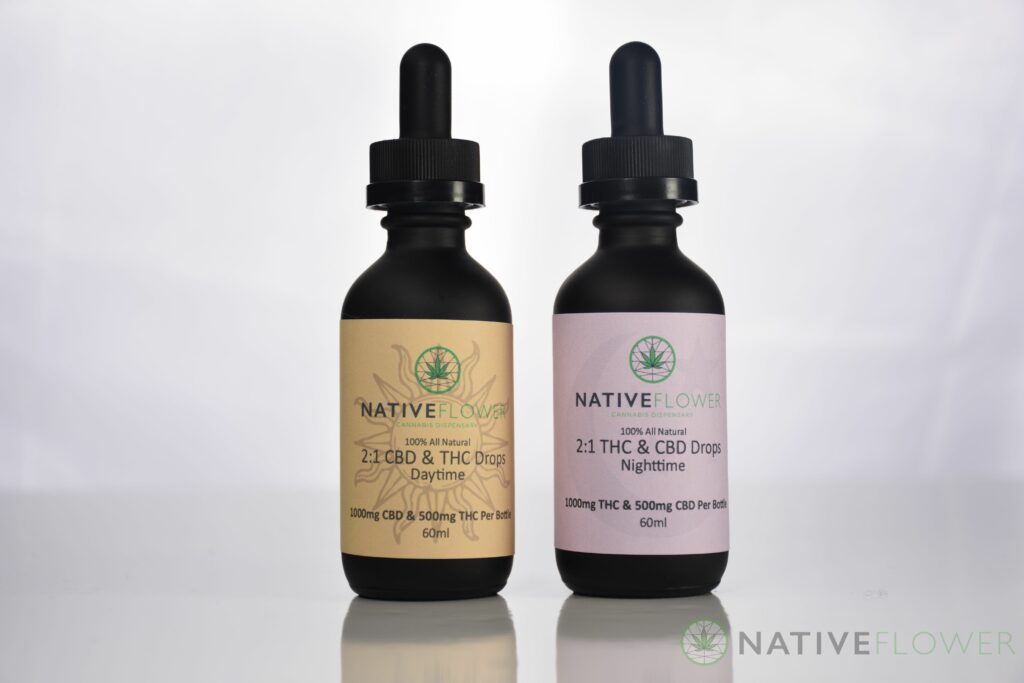
THC and CBD are both found in the cannabis plant, but they have very different effects on the human body. A comparison of the difference between these compounds is warranted. THC, or tetrahydrocannabinol, is the compound that is responsible for the psychoactive effects of cannabis. CBD, or cannabidiol, on the other hand, does not have any psychoactive effects and is often used for medicinal purposes.
Interactions with the Body
One of the main differences between THC and CBD is how they interact with the body’s endocannabinoid system. THC binds directly to the CB1 receptors in the brain, which is why it produces a high. CBD, on the other hand, does not bind directly to the CB1 receptors, but it does interact with other receptors in the body, such as the serotonin and TRPV-1 receptors. This is why CBD is often used to treat conditions such as anxiety, depression, and chronic pain.
Legal Status
Another difference between THC and CBD is the legal status. THC is still illegal in many parts of the world, while CBD is legal in many places. This means that CBD products are widely available and can be purchased over-the-counter, while THC products are only available for purchase in areas where cannabis is legal. Here in Tyendinaga Mohawk Territory, most forms of THC and CBD are legal, as they are in Canada.
Side Effects
THC can cause short-term side effects such as dry mouth, bloodshot eyes, and increased appetite. While long-term use may lead to addiction and cognitive impairment in some individuals. CBD, on the other hand, is considered to be generally safe and well-tolerated, but it can cause some side effects such as drowsiness, dry mouth, and changes in appetite.
THC and CBD are two different compounds found in the cannabis plant that by comparison, have very different effects. THC is responsible for the psychoactive effects of cannabis, while CBD does not have many psychoactive effects and is often used for medicinal purposes.
